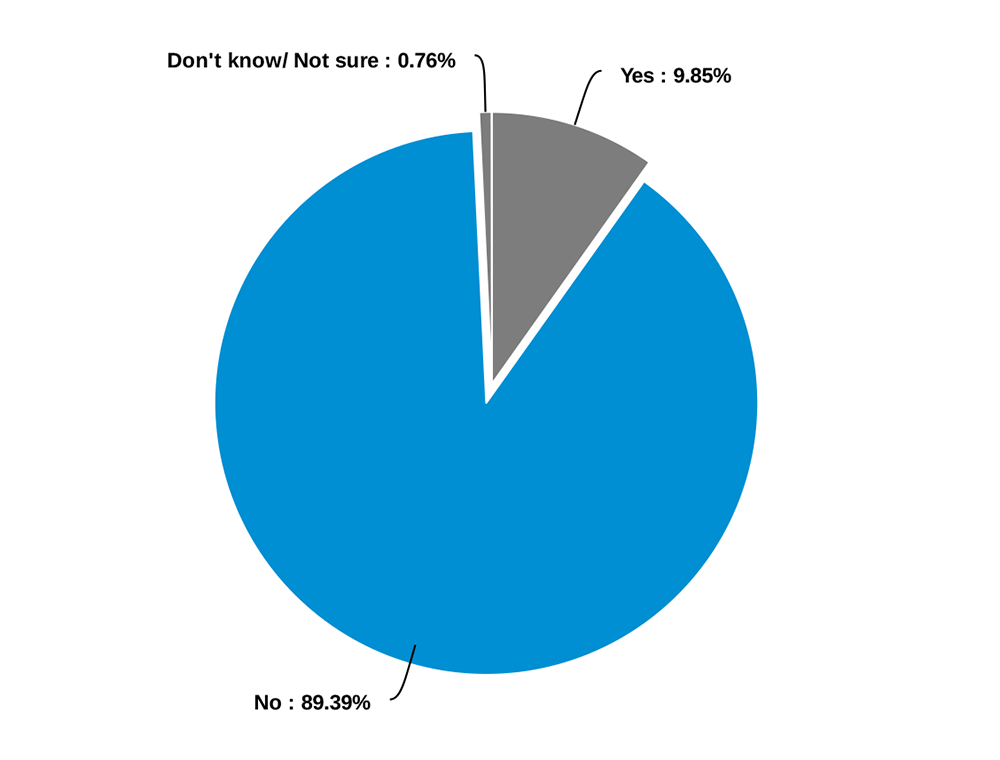During the first quarter of 2022, CLL Society conducted a survey among our CLL / SLL community about barriers to care relating to health insurance, finances, and geographic barriers. There were 130 respondents.
Survey Respondent Demographics:
Of the respondents who completed the survey, 53.1% identified female, 45.4% as male, and 0.8% as non-binary/non-conforming. The average age of respondents was 68, and the age range was 46 – 89 years of age. Regarding race and ethnicity, 91.9% of respondents identified as White or Caucasian, 3.7% as Hispanic or Latino, 1.5% as Indigenous, American Indian or Alaskan Native, 0.7% as African American, 0.7% as Asian American. Of the respondents, 88.9% are CLL / SLL patients, 8.2% are caregivers, 1.5% are loved one of a CLL / SLL patient (but not the primary caregiver), and 1.5% identified as healthcare professionals alongside being patients.
In terms of location, 63.1% live in the suburbs, 21.5% live in urban areas, and 14.6% live in rural areas. For employment status, 66.9% are retired, 17.7% are employed for wages, 6.2% are self-employed, 4.6% are unable to work, 2.3% are out of work for less than one year, 1.5% are homemakers, and 0.8% are out of work for more than one year.
Caregiver status included 74.6% with a live-in caregiver present, 22.3% with no designated caregiver, and 3.1% with a designated caregiver who lives nearby, but does not live within the home.
In terms of treatment status, 41.5% are treatment naïve or watch & wait, 27.7% are undergoing or have completed their first treatment, 8.5% are undergoing or have completed their second treatment, and 21.5% as undergoing or have completed three or more treatments.
Survey Results:
What type of health insurance do you currently have? Please select all that apply:
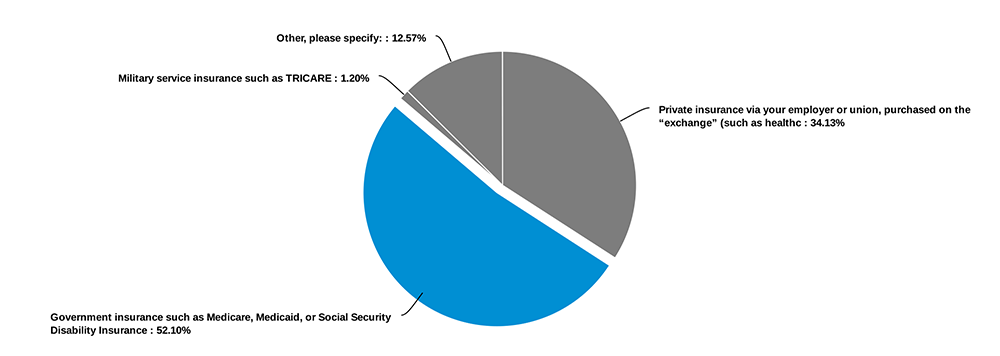
Other:
- Medicare Advantage – 7
- Other Medicare – 2
- Medicare Part B Supplement
- Texas TRS Medicare Advantage
- Private Insurance – 4
- Private insurance, retired, no employer or union
- Private insurance via myself purchased on the exchange
- Private insurance purchased on my own out of pocket BCBS
- United Healthcare supplement to medicare
- Self pay insurance PPO paid out of pocket after cobra ran out
- AARP medical supplemental
- Additionally funding by a foundation
- Blue cross supplemental
- FEHB program called GEHA a PPO
- Kaiser Health Plan via employer retirement plan
- VA from svc connected disability
When enrolling in an insurance program, have you used an insurance marketplace agent for private insurance, a Statewide Health Insurance Benefits Advisor (SHIBA), or a State Health Insurance Assistance Program (SHIP) agent for help with Medicare enrollment? If so, how was your experience?
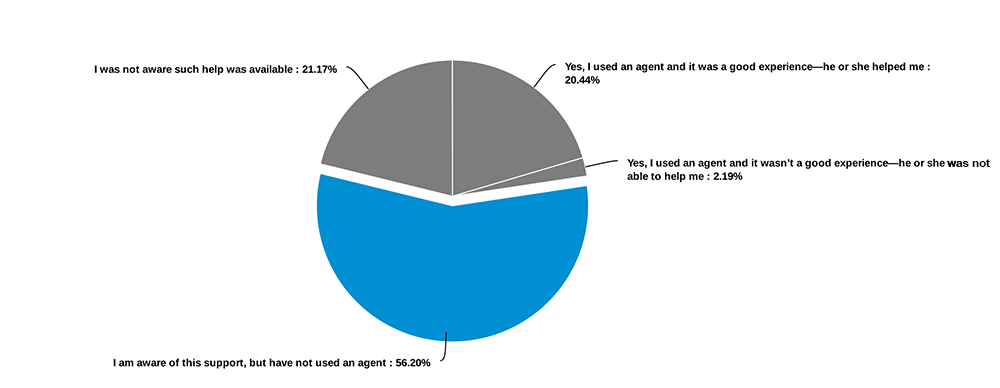
Are you aware of Medicare Advantage? It is a separate election that must be chosen during enrollment that is an important supplement to Medicare and can help cover the cost of prescriptions.
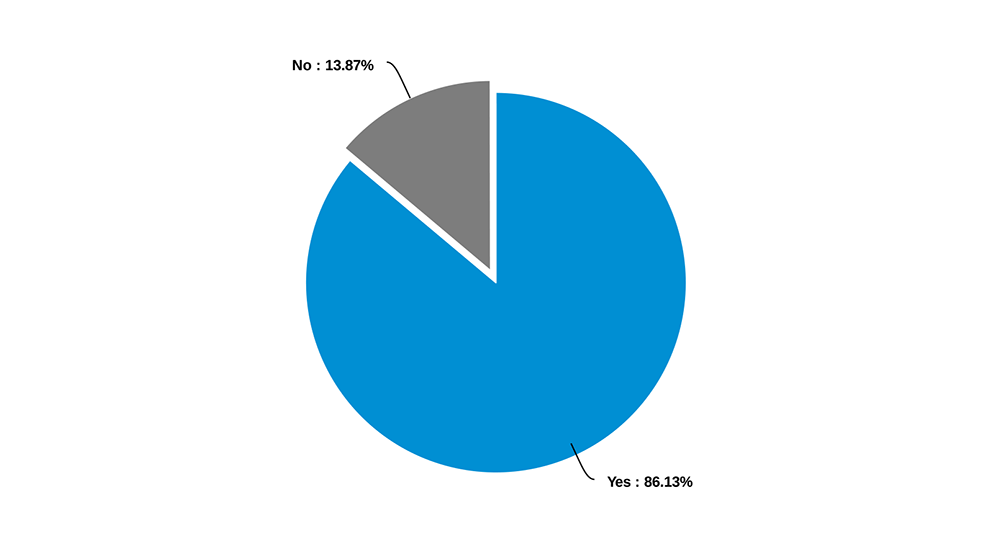
Do you feel like you have a good understanding of your health insurance benefits in relation to your current treatment plan, or a good understanding in general if you are not undergoing treatment?
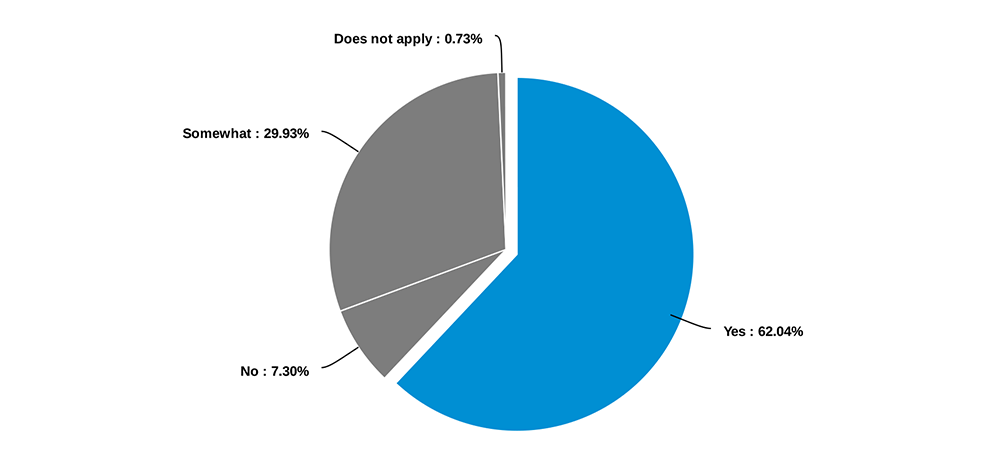
When considering your health insurance choices, please rank the importance of the following factors when deciding which type of health insurance to choose with #1 being most important.
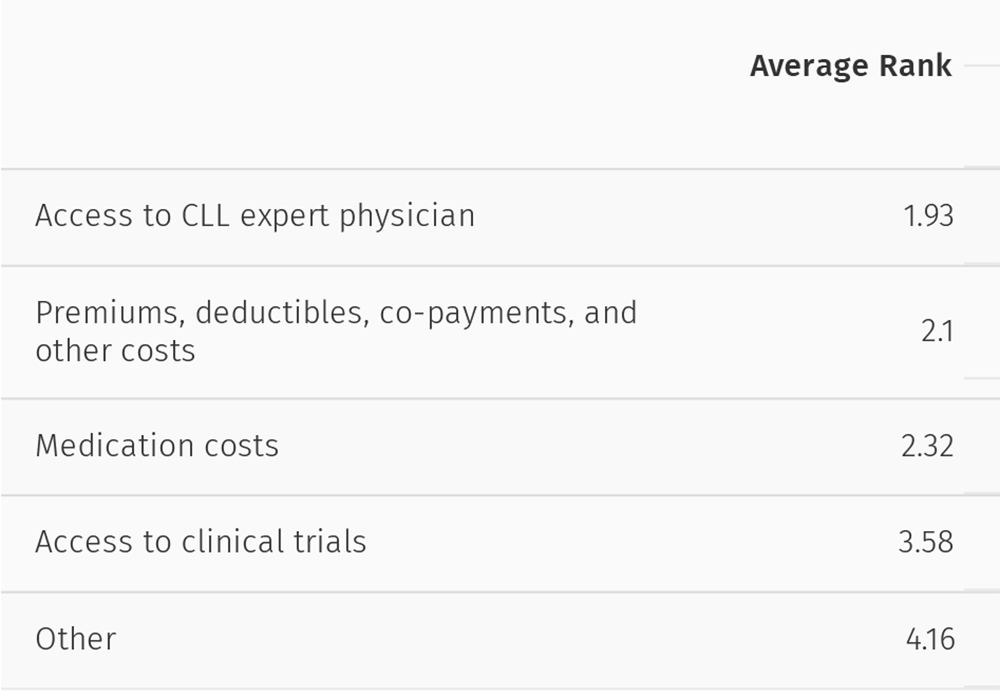
Did you or a partner stay at a job after your CLL / SLL diagnosis in part because of concern about losing health insurance for the family?
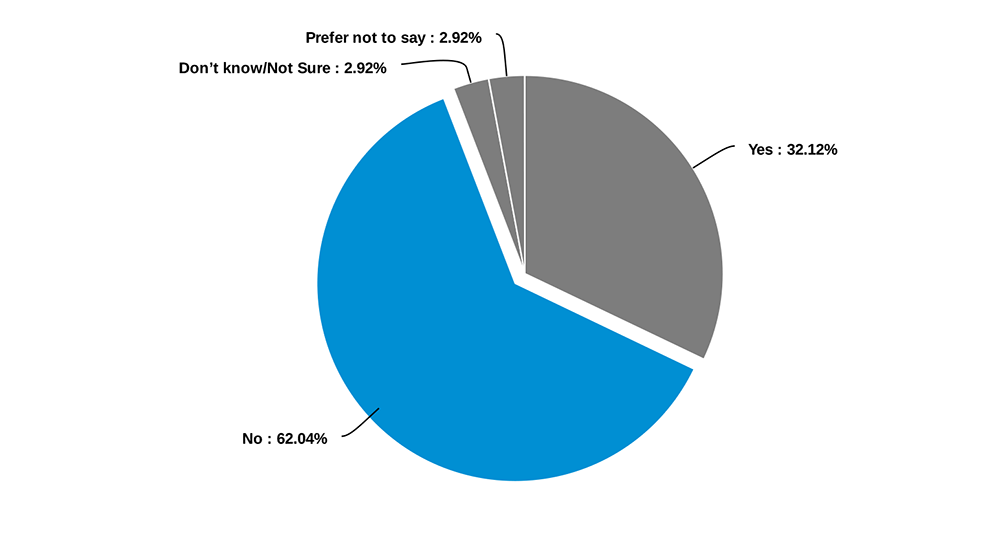
How worried are you that you will lose your current health insurance in the next year?
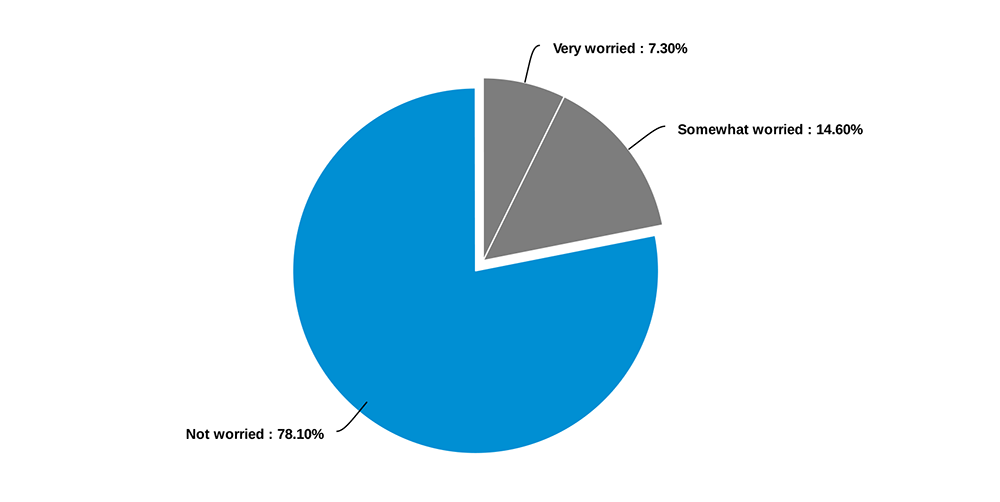
In the past 12 months have you received financial assistance or support for medical expenses or treatments from nonprofit organizations, religious organizations, pharmaceutical companies, the government, or family and friends?
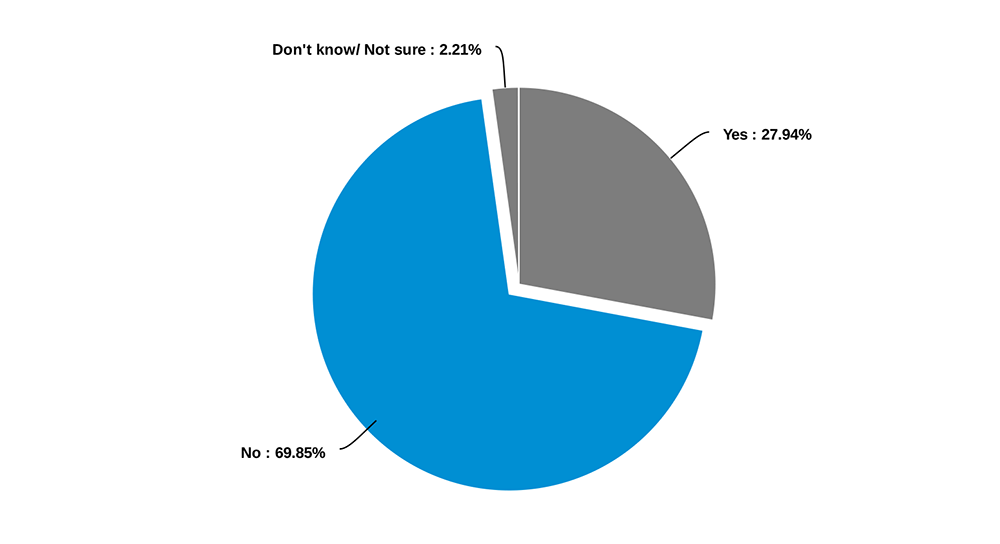
Of the respondents who answered they have received financial assistance, we asked:
Has the financial support that you’ve received been enough to cover these expenses?
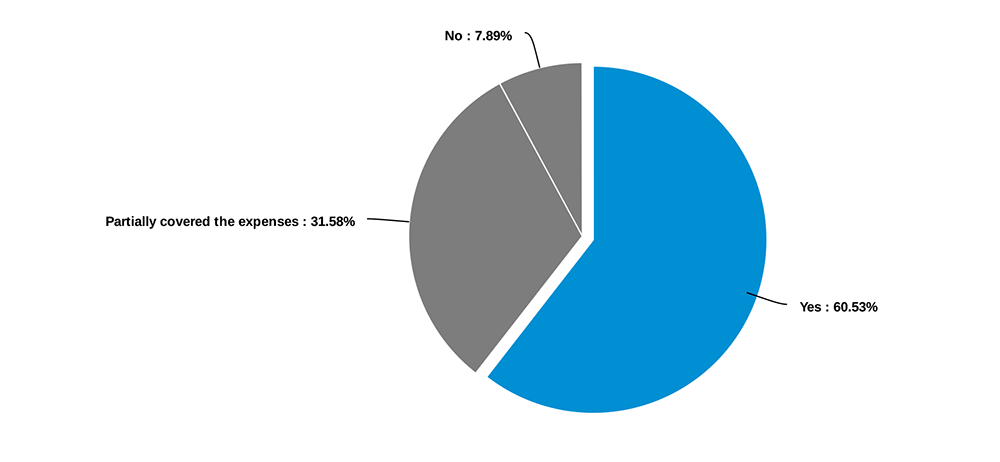
Has there been a time since the CLL / SLL diagnosis when you were unable to pay medical bills, such as those for healthcare providers, hospitals, medication, or other treatments?
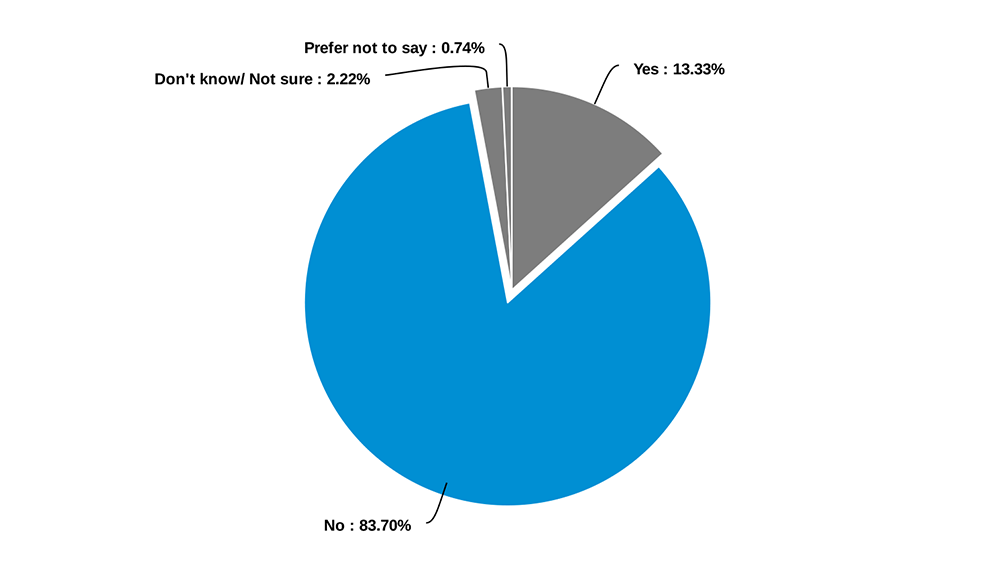
Has there been a time since the CLL / SLL diagnosis when you or someone in your family had to borrow money or go into debt because of your cancer, treatment, or the lasting effects of that treatment?
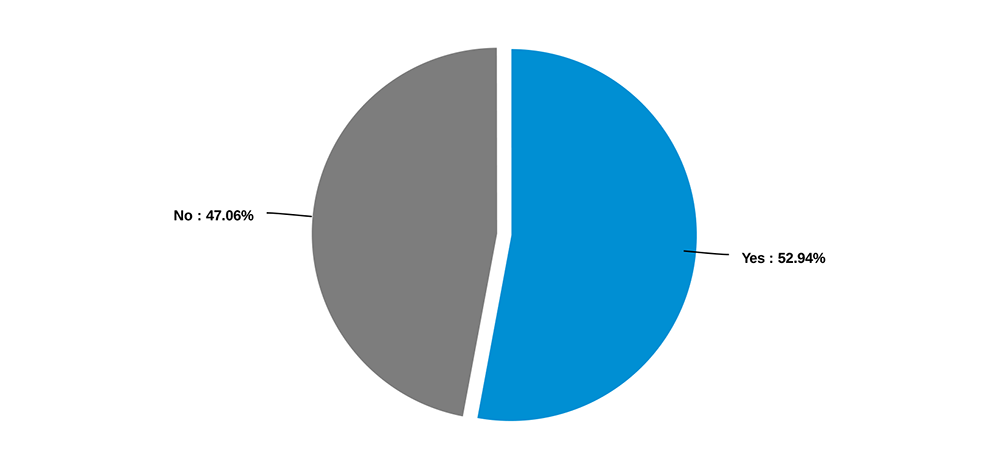
Have you or anyone in your household had to make financial sacrifices in the past five years because of expenses or debt related to medical care? Examples of financial sacrifices might include reducing spending on vacation and/or leisure activities, purchasing large items like a car, home, or making home improvements?
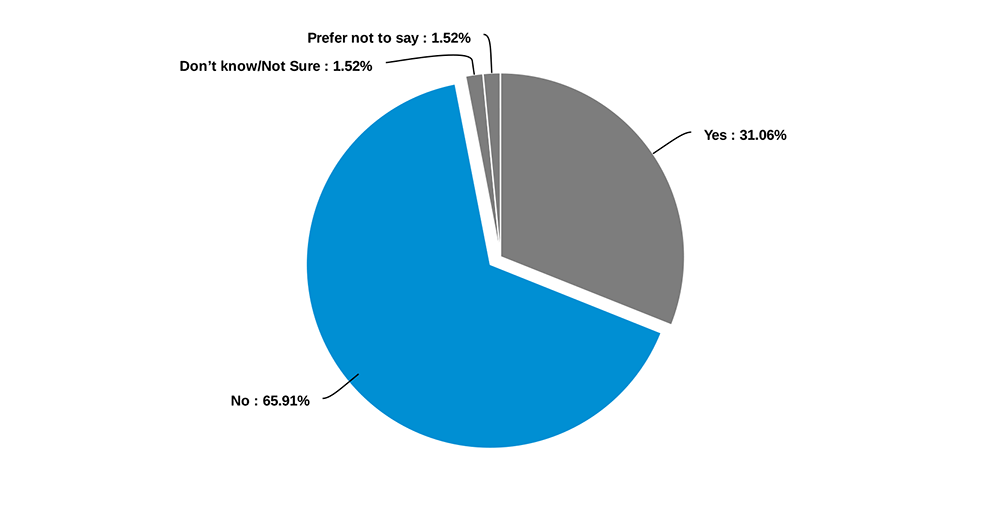
Has there been a time since the CLL / SLL diagnosis when you needed one or more of the following, but did not get it because you couldn’t afford it? Please select all that apply:
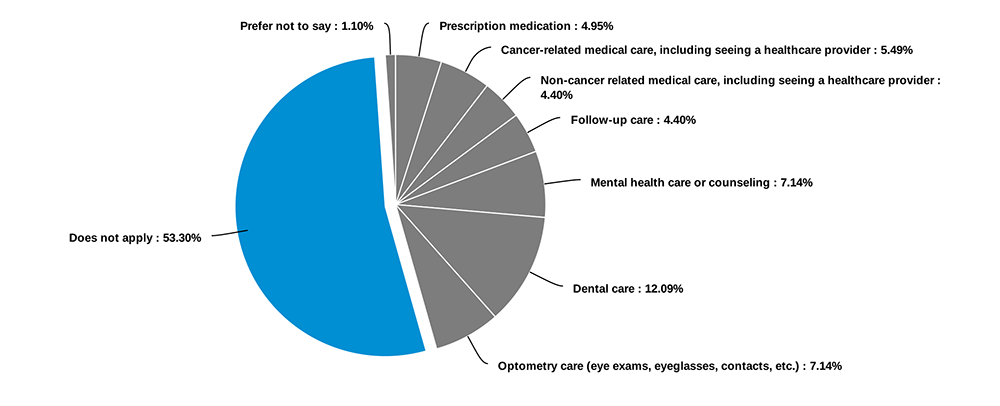
Was there a time since the CLL / SLL diagnosis when any of the following were true? Please select all that apply:

I have felt emotional distress due to financial hardship related to CLL / SLL management or emotional stress related to concern over future treatment costs.

As a result of having CLL / SLL, what is your single most pressing financial concern at this time?
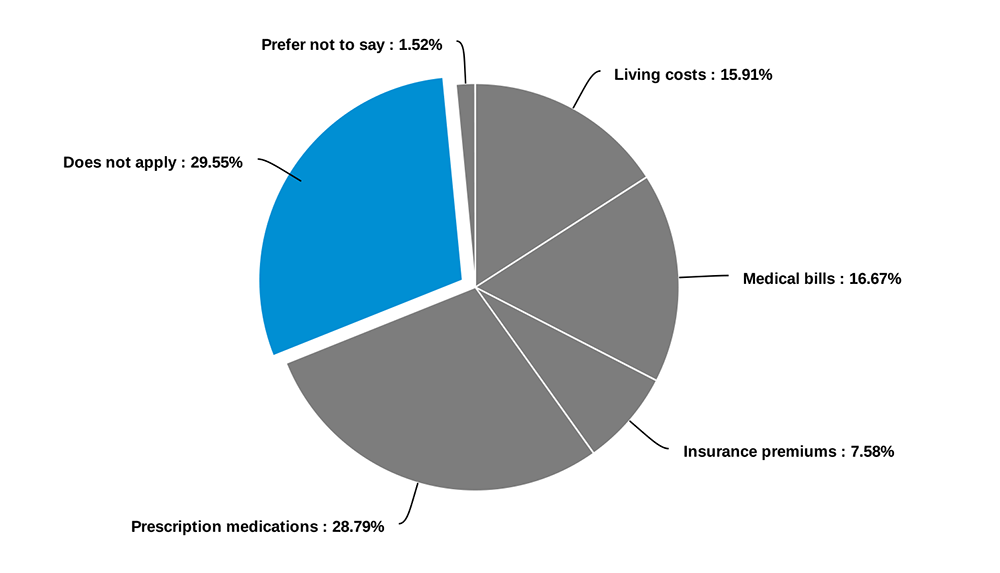
How many total prescription medications are you currently taking, not just limited to CLL / SLL treatment?
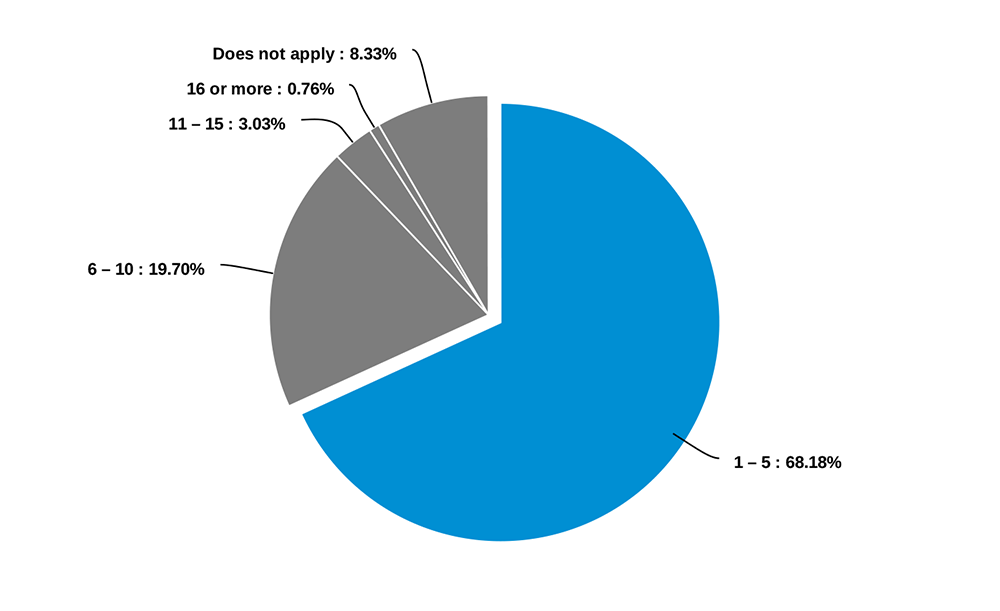
What are the estimated out-of-pocket costs for your cancer treatment, including insurance, medications, co-payments, hospital visits, tests and/or labs, clinical trials, etc. in the last 12 months? If on Medicare, please include the monthly charges deducted from Social Security by the government.
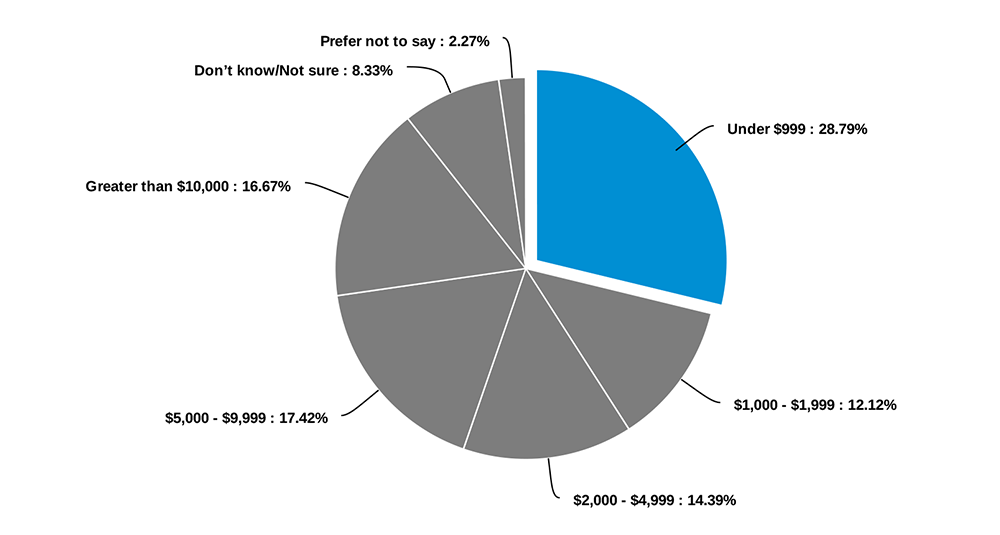
Do you have a CLL expert physician as part of your consulting healthcare team, even if it is not someone you see on a regular basis? A CLL expert physician is considered someone who sees a majority of CLL / SLL patients in their practice, and/or conducts research on CLL.
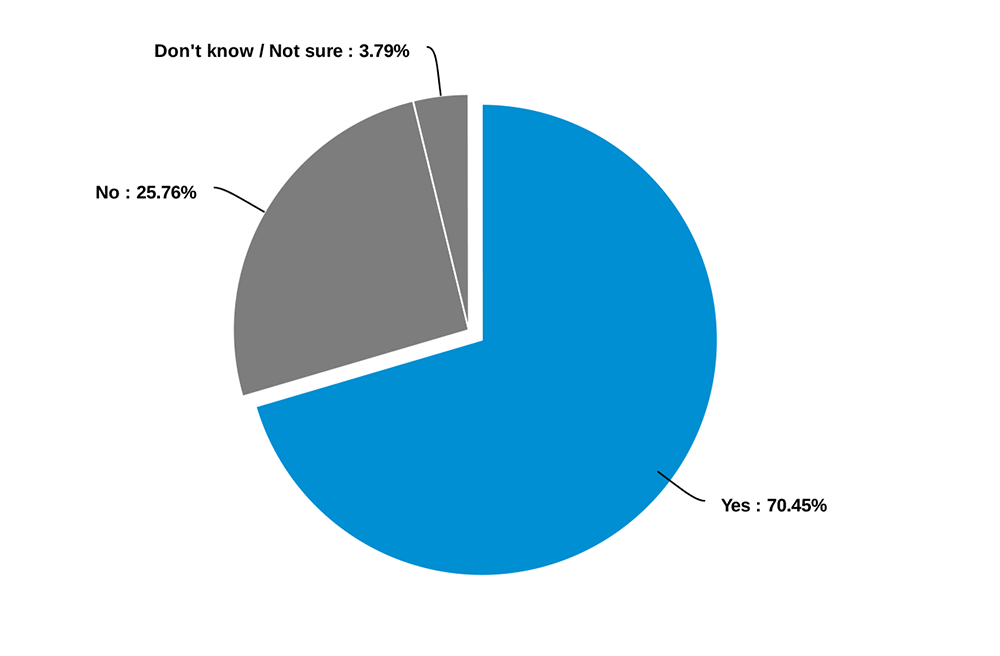
Do you receive ongoing medical care for your CLL / SLL in any of the following settings? Please select all that apply:
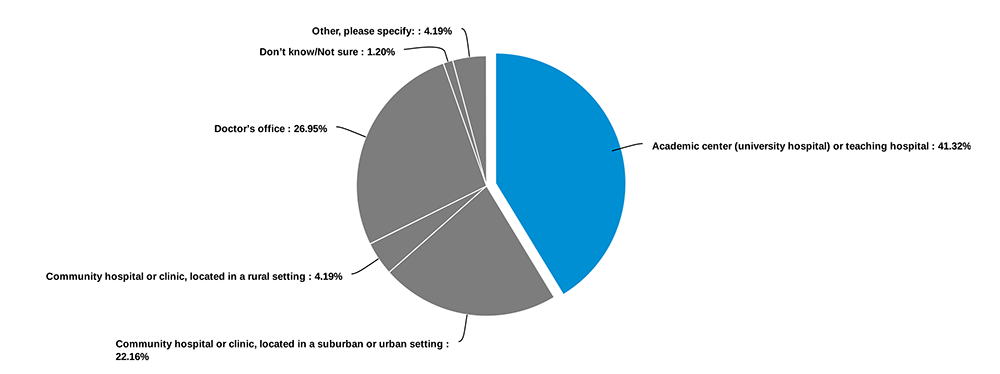
Other:
- VA Medical Center
- City of Hope
- MSK
- NIH
- Cancer care center / branch of community hospital
- Haven’t seen doctors in over a year
How far do you have to travel one-way for CLL treatment or medical appointments?
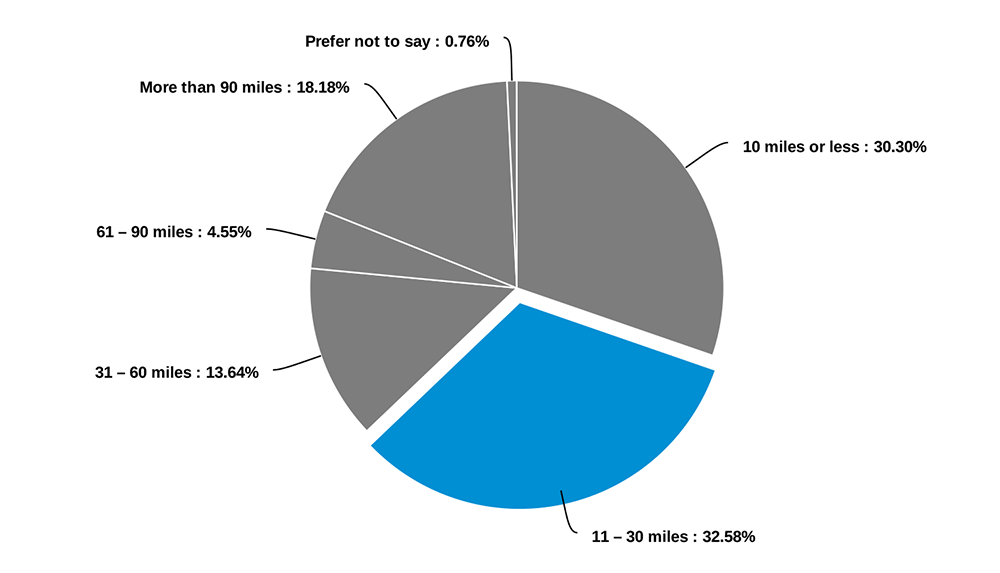
Has there been a time since the CLL / SLL diagnosis when you or a partner needed to see a doctor but could not due to lack of transportation, or that you delayed medical care because of transportation issues?
